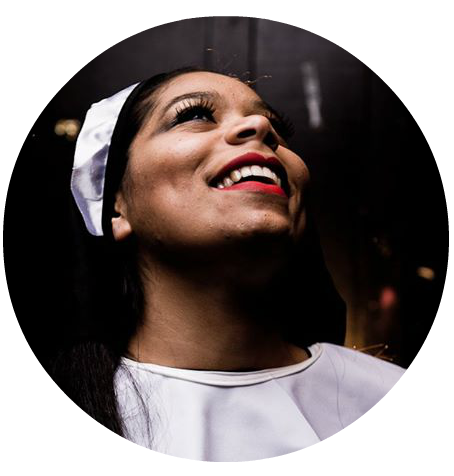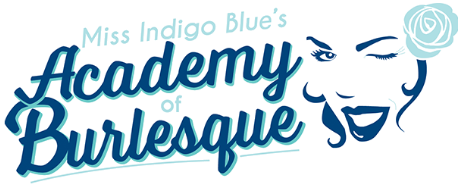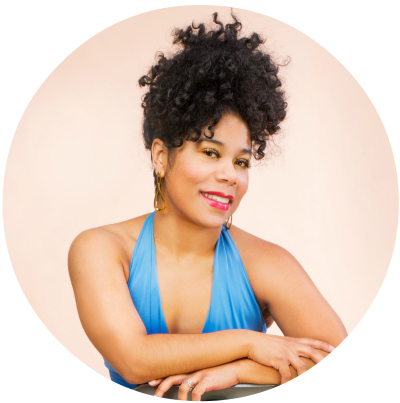
How did you get your start in Burlesque?
I got into burlesque thanks in part to my mom. I had been to maybe one or two burlesque shows but never thought about participating. My mom told me about a segment she saw about the Academy of Burlesque and the Burlesque 101 classes on a local television show. I was intrigued and looked into it. It looked like it would be a hoot so I signed up. I hadn’t made plans to continue performing after the recital. I figured I had my moment in the burlesque spotlight and that was it but a friend of a friend was putting on a show and was looking for burlesque performers. My career snowballed from there.
How long have you been performing?
My eight year burlesque anniversary was this past August.
What has been the best single piece of advice about performing that you have received?
In a class in the Burlesque 101 course Miss Indigo Blue said your performance should always tell a story. That really struck a chord with me and I pretty much live by those words. I’m always thinking of what am I trying to say or what story am I trying to tell when I create an act.
What drew you to Burlesque?
It looked like so much fun and I loved the idea of creating acts and putting it all together from what story I want to tell to finding music that can encompass story telling to choreography.
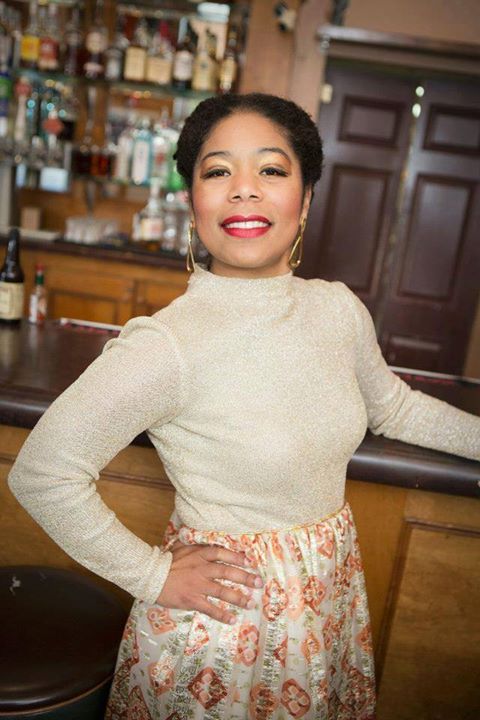
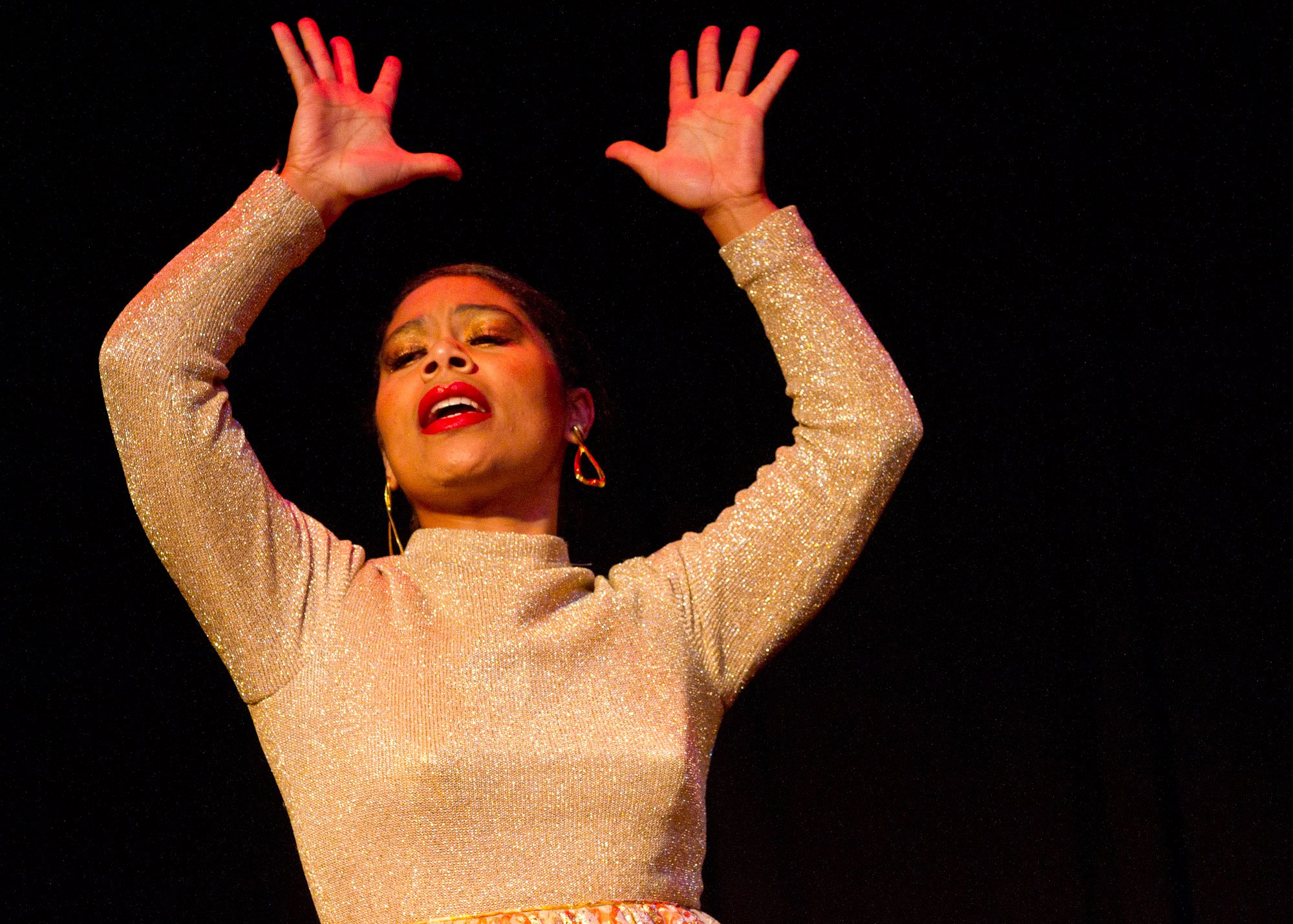
Were you always a performer?
I sporadically took dance classes throughout my life but never had a solid string of years where I had a disciplined practice. I never had a problem in front of people or on stage. I always found it fun to perform and entertain.
Any pre-performance rituals?
I always have to practice my routine a few times back stage. Even if I’ve done the routine a thousand times and can do it in my sleep. Going through the routine helps calms my nerves and gives me the okay, like, you know your stuff, go out there and kill it.
In what ways is Burlesque inherently political?
The root of the word burlesque is derived from the Italian word burla which means to joke, ridicule, or mock. Even if the basis is comedic it is still using an emotion to tell a story, to create a dialog or use commentary to highlight a specific issue. Being a woman on stage in a patriarchal society is political in of itself not to mention being a person of color, or someone with a disability, or someone from the LGBTQ community. People from marginalized groups getting onstage and creating art for themselves and others is extremely political.
What do you want people to take away from your class?
What I want people to take away from the class is the confidence and steps to create an act that not only speaks about something that is important to you but is also socially conscious.
